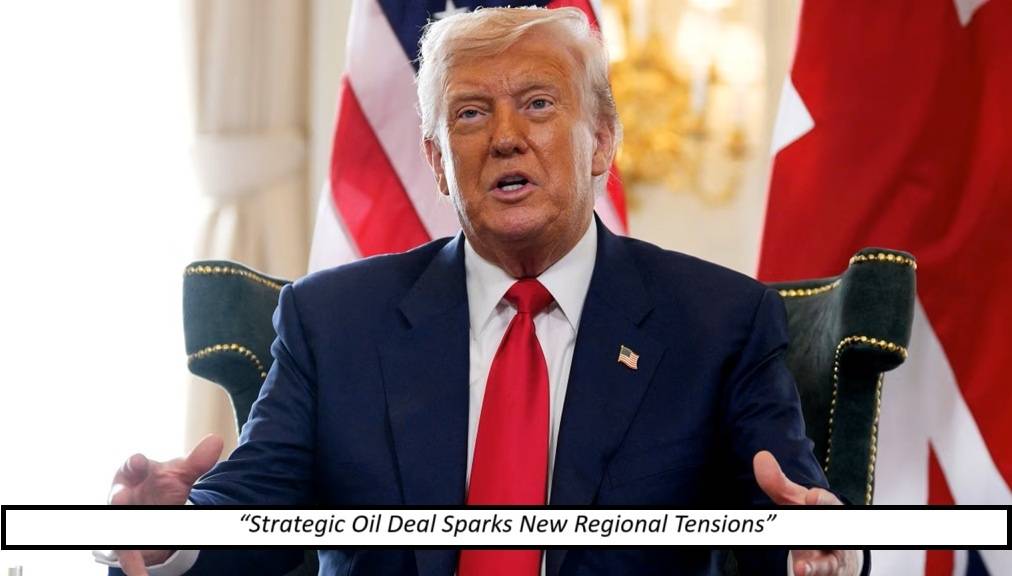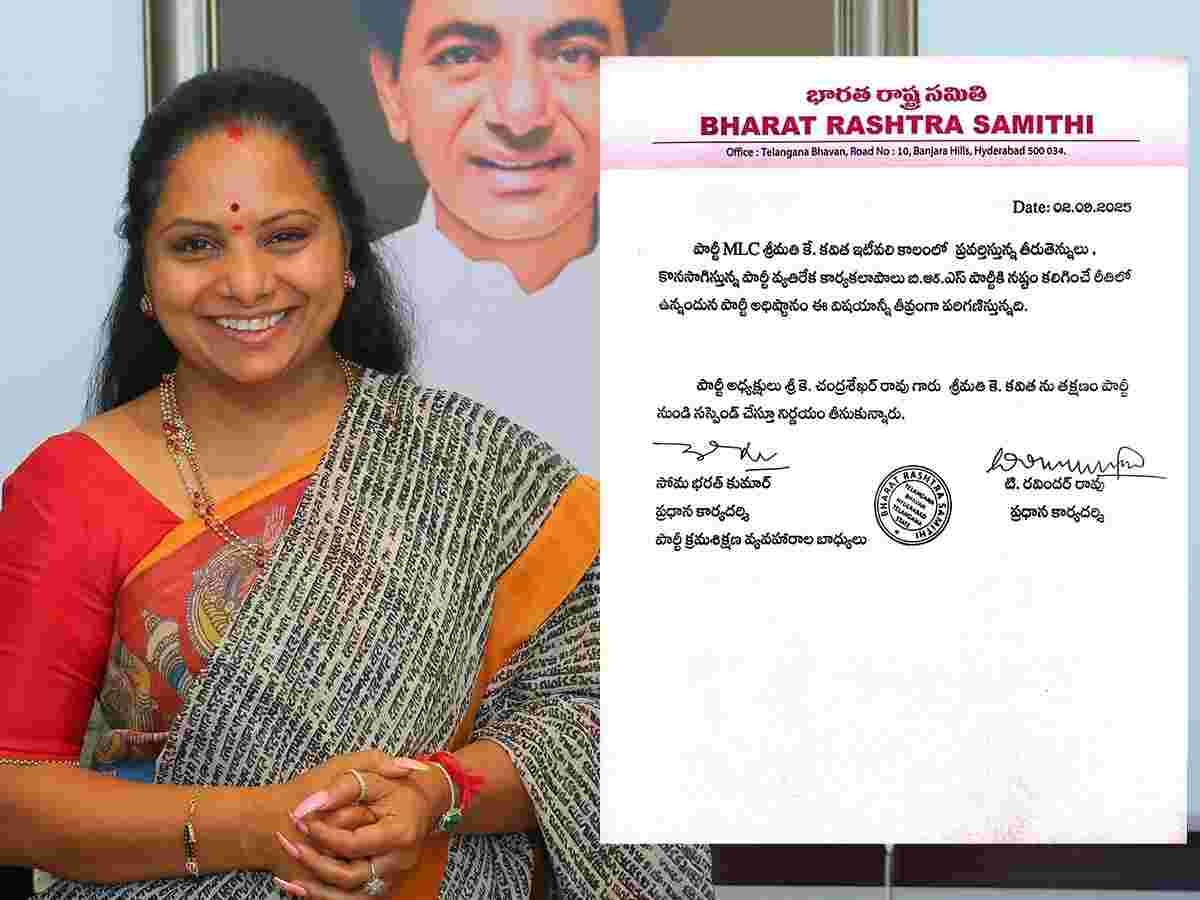US-Pakistan energy partnership seen as a pressure tactic against India over Russian oil imports and stalled trade talks
🚨 Key Takeaways:
- Donald Trump announces 25% tariff and penalties on Indian imports, citing Russian oil purchases.
- Simultaneously, US signs energy development deal with Pakistan, potentially granting drilling rights.
- Trump’s remarks suggest a geopolitical tactic to pressure India into reducing ties with Russia.
- Experts say Pakistan’s oil reserves are minor compared to India’s, but symbolism matters more than scale.
🛢️ Trump’s Oil Deal with Pakistan: What Happened?
Former US President Donald Trump revealed that the US has entered into a trade agreement with Pakistan, focused primarily on developing its “massive” oil reserves. The announcement came shortly after imposing a 25% reciprocal tariff and penalties on Indian goods, further escalating tensions with a key trade partner.
“Maybe they’ll sell oil to India,” Trump quipped, referencing India’s ongoing crude imports from Russia despite US sanctions.
According to Trump, this move supports a “friendly” Pakistan while sending a clear message to New Delhi amid stalled negotiations.
Is This a Geopolitical Message to India?
Yes, strongly so. Analysts say the timing and tone of the announcement are clearly aimed at pressuring India to reduce dependence on Russian crude and purchase more US oil instead.
- The oil deal with Pakistan appears less about energy and more about leverage in trade talks.
- India’s continued imports from Russia have frustrated Washington, particularly under Trump’s leadership.
- Trump also criticized India’s economy as “dead” after trade talks failed to open its agriculture and dairy sectors.
🔎 India vs Pakistan: Oil Capacity & Real Impact
✅ India:
- Proven reserves (2016): ~4.8 billion barrels
- Domestic production: ~600,000 BPD (Feb 2025)
- Imports: ~5 million BPD (FY24/25)
- Infrastructure: Advanced extraction and refining capacity
❌ Pakistan:
- Proven reserves (2016): ~353.5 million barrels
- Domestic production: ~68,000 BPD (2025)
- Imports: ~140,000 BPD
- New discoveries: Sindh and offshore, but limited and unproven
While India clearly leads in capacity, production, and infrastructure, the symbolic shift of US support to Pakistan sends strategic signals about Washington’s evolving approach to South Asia.
🧠 What’s the Strategic Play Here?
The US-Pakistan oil agreement may offer limited direct benefits in terms of crude volume. However, the political implications are significant:
- A warning to India: Align with US foreign policy—or watch regional rivals gain favor.
- A disruption tactic: During trade talks, such moves are meant to create pressure and uncertainty.
- A diplomatic leverage: By strengthening ties with Pakistan, the US increases bargaining chips with India.
🌊 Pakistan’s Offshore Oil Hype: Reality Check
Though Trump called Pakistan’s oil reserves “massive,” the data suggests otherwise:
- Production from new fields has yielded only 20–74 barrels/day.
- Pakistan lacks the deep-sea drilling technology to exploit larger offshore fields.
- Geopolitical risks, including recent attacks on Chinese workers, have deterred major energy firms.
Despite these limitations, US support may unlock new development, especially with American companies gaining drilling rights in exchange for investment.
⚖️ Conclusion: Strategic Optics Over Energy Economics
India’s superior oil infrastructure and volume needs mean the US-Pakistan deal won’t affect its crude supply in the short term. However, the real concern lies in global diplomacy and trade leverage.
The message from the US is clear: “Toe the line—or risk losing favor while your rivals rise.”
India must now weigh its energy security, strategic autonomy, and global alliances carefully, especially amid ongoing trade negotiations.
Also Read : US Tariffs Unfair and Aggressive, India Must Stand Firm: Shashi Tharoor



